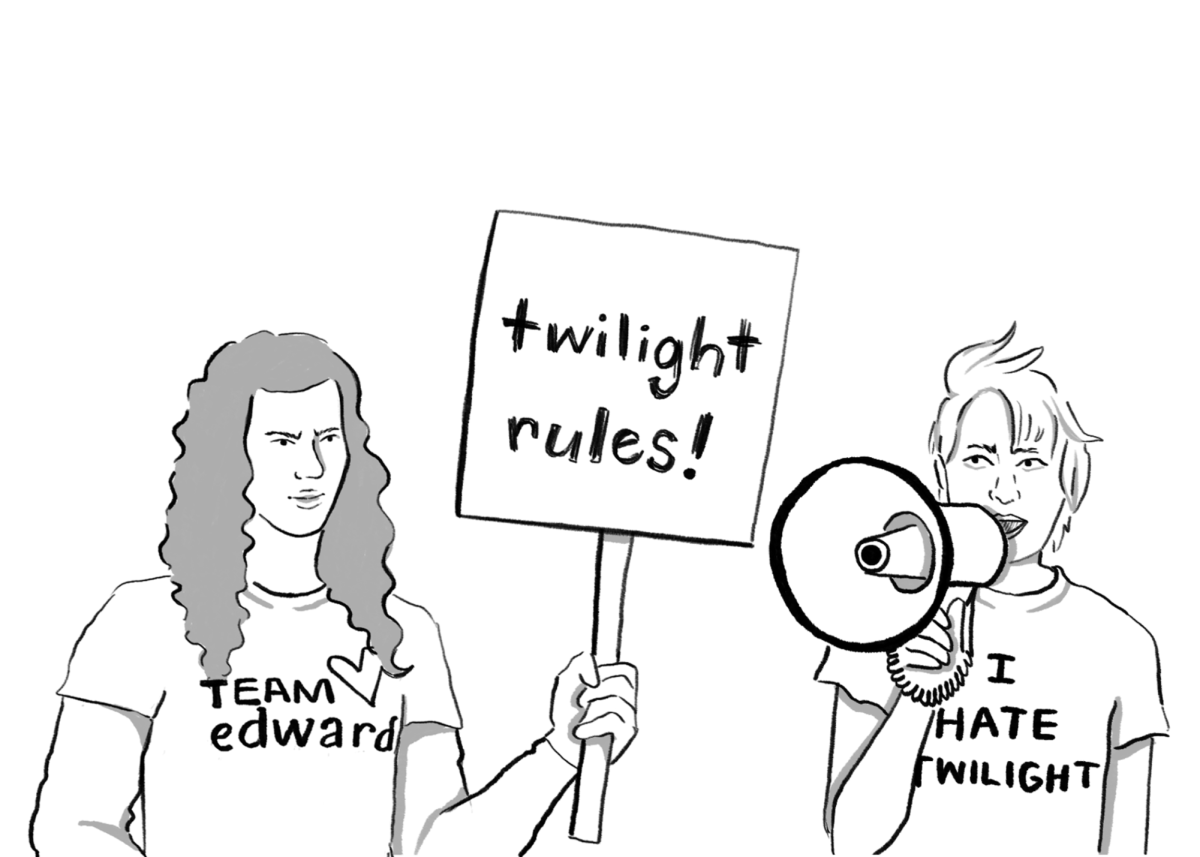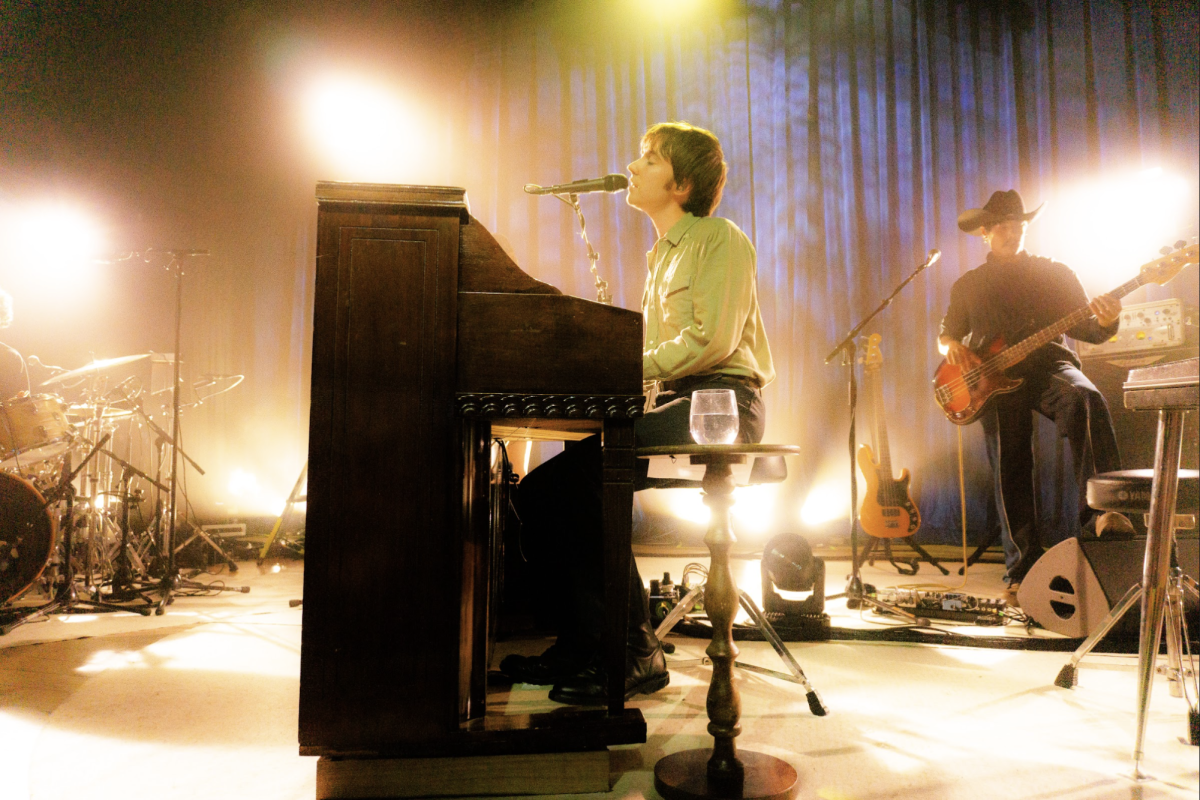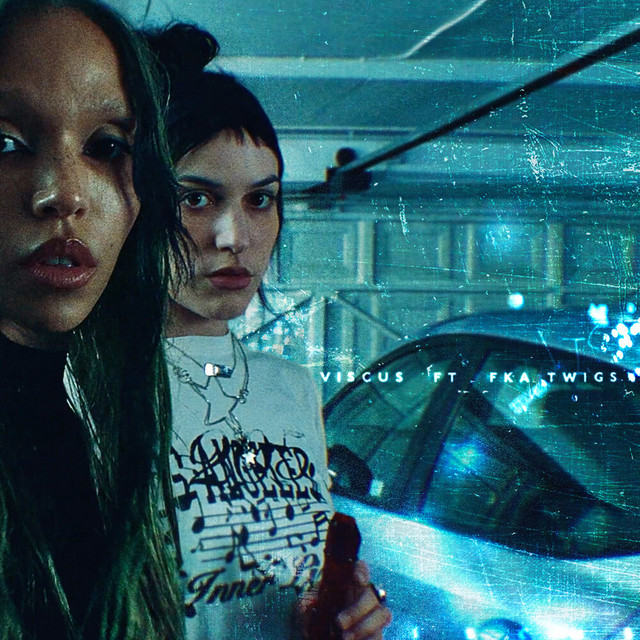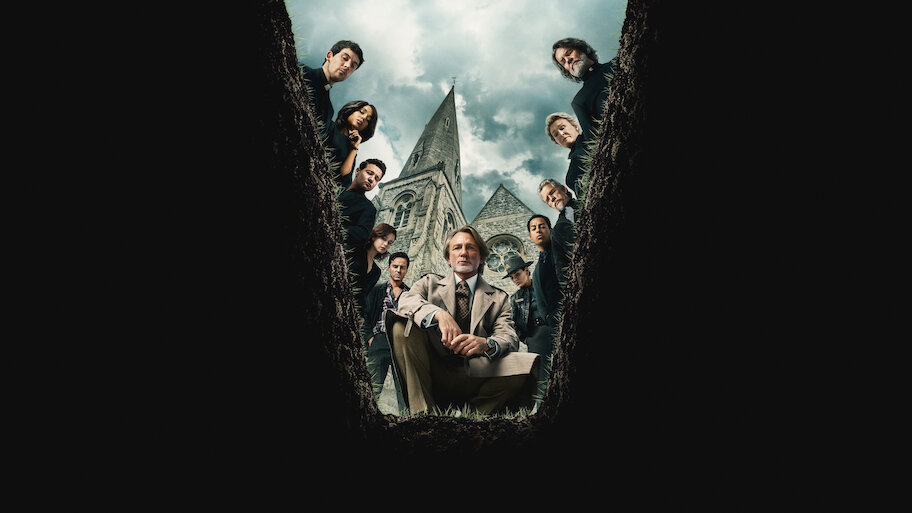Most know him as Lieutenant Sulu from the original 1960s “Star Trek” series, a role that garnered him a legion of devoted Trekkies, but since his major television debut, George Takei has risen to considerable fame outside the entertainment industry. With a vast resume of various roles in politics and mainstream media, which only bolstered his followings as one of the premier role models for the Asian-Pacific Island and LGBTQ* communities, Takei has put his fame to good use.
Whether it’s shedding light on his experience in Japanese-American internment camps in his 2012 musical, “Allegiance,” or advocating for equality rights, Takei has had a major influence on social media. He has now released a documentary of his own life, “To Be Takei,” which premiered on April 17 at the Pacific Arts Spring Showcase in San Diego.
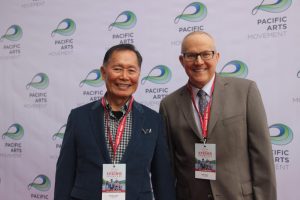
Guardian: What can you tell us about this movie, “To Be Takei,” at a glance?
George Takei: This documentary is a celebration of our [Brad Takei and my] marriage, our relationship over the last 27 years. But it’s also a movie about how my life began, not in the [happiest] circumstances.
G: What sorts of discussions do you hope people leave with after seeing this documentary?
GT: When the audience sees this film, I hope they will see two human beings and not stereotypes: loving and enjoying each other, building a life together. It really covers our struggle together — the struggle that we shared for social justice and now the 21st century civil rights movement for the LGBT community.
G: What events in your life inspired you to make this film?
GT: My childhood started with a very daunting obstacle overnight because of what happened at Pearl Harbor. American citizens of Japanese ancestry were looked at with fear, suspicion and outright hatred. This hysteria swept all over the nation, and an executive [order sent] all Japanese-Americans on the West Coast to be summarily rounded up and put in prisons — internment camps — such as the swamps of Arkansas, which was where our camp was settled. I was also gay, which I discovered when I was about ten or eleven years old, and so I was being hated for my race and being gay.
G: What advice do you have for students or people aspiring for their dreams in any field of their passion?
GT: My parents taught me to be strong, unrelenting and have confidence in myself, which helped me to overcome whatever obstacles I had in life. Dedication, persistence and never giving up in life. There are always obstacles, and people are daunted by them, but have confidence in yourself. Don’t let those obstacles get you down, and if you believe in yourself that you have the talent, then you will able to overcome and succeed. Go out there: Activate and participate — as an informed citizen. This is the people’s democracy; it can be great if the people want it to be, so good people have to be engaged in the democratic process.


